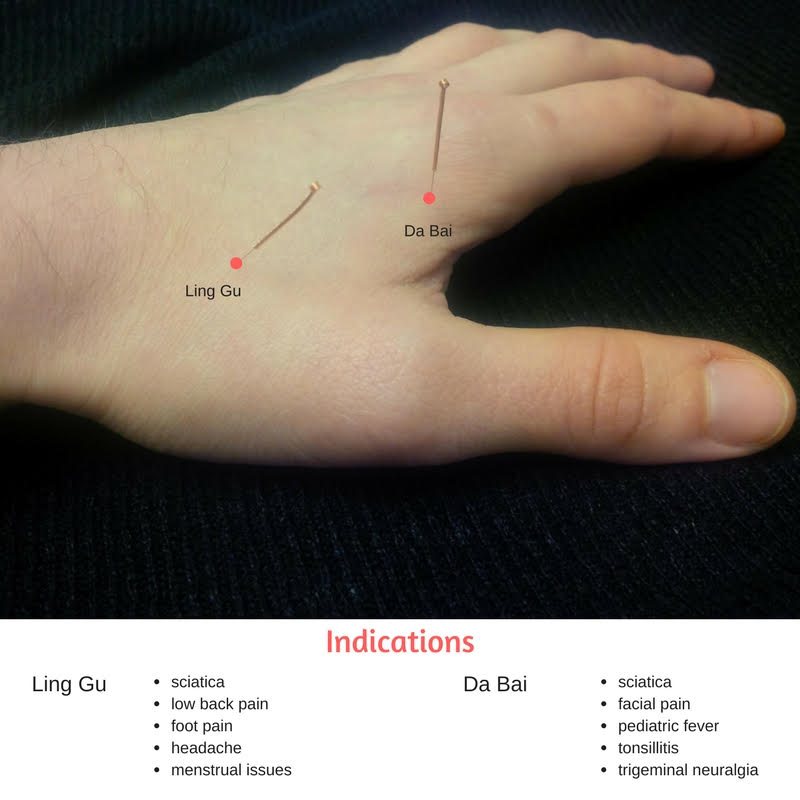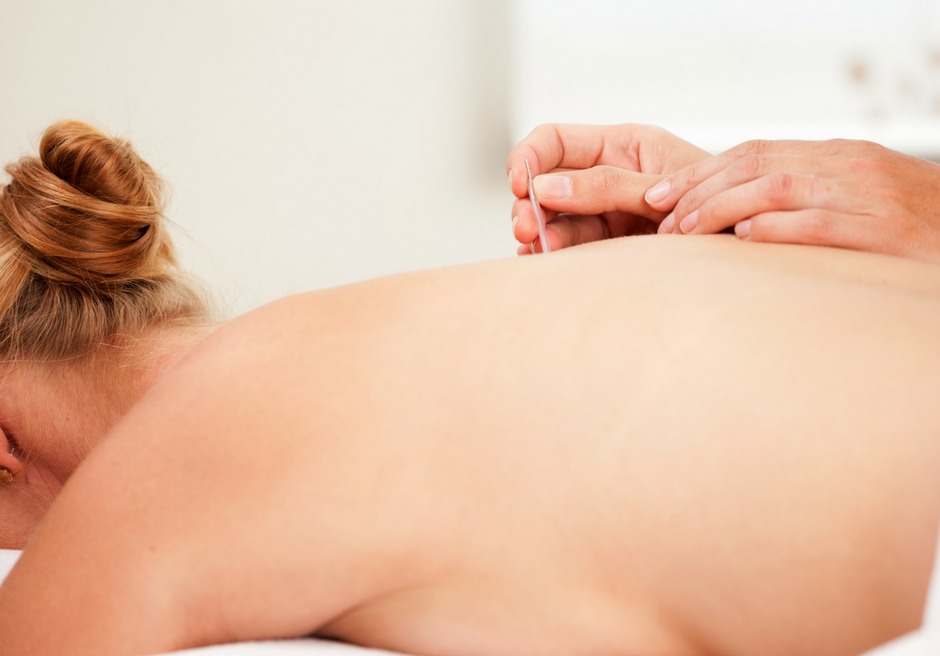
What is Distal Acupuncture and What Are the Benefits?
Distal Acupuncture
Occasionally when I treat patients, confusion arises over why I am not placing needles in an area of pain. For example headaches and other head pain are often treated by needling the hands and feet.
Traditional Chinese Medicine has different systems of treating patients' concerns. Local acupuncture points can be chosen, other times your acupuncturist will use a logic behind the meridian pathways in how to treat you. Using points that are at the periphery of our limbs to treat areas closer into the body is referred to as distal acupuncture.
Placing needles in your body communicates to your body tissues and encourages the body to function in a healthy way. Think of how many structures are at work inside of you: skin, fascia, the nervous system, the lymphatic system, the electrical system, the endocrine system, muscles, connective tissue, blood vessels, bones and so on. This network of tissues is why we can have influence on one part of the body by working on another. Acupuncture needles direct Qi and blood to areas where it is needed. Qi is often translated as energy or life force. Consider how we need food and oxygen to stay healthy. Healthy blood and energy is necessary to move the nourishment to all of the tissues in our body. Our cells also conduct electricity. These are all the different ways in which Qi plays out inside of us.
Benefits
Practitioners may favor using a distal needling style for a few reasons. Primarily treating from the elbows and knees towards the digits gives ease of access to the working areas of a patient's body. For newly aggravated injuries such as a sprained ankle, needling away from the inflammation is best to avoid re-injuring the area. Distal needling is very effective at relieving pain quickly as well as treating chronic and internal conditions.
Above are uses for commonly used acupuncture points.
Learn more about acupuncture at Polo Health here.

